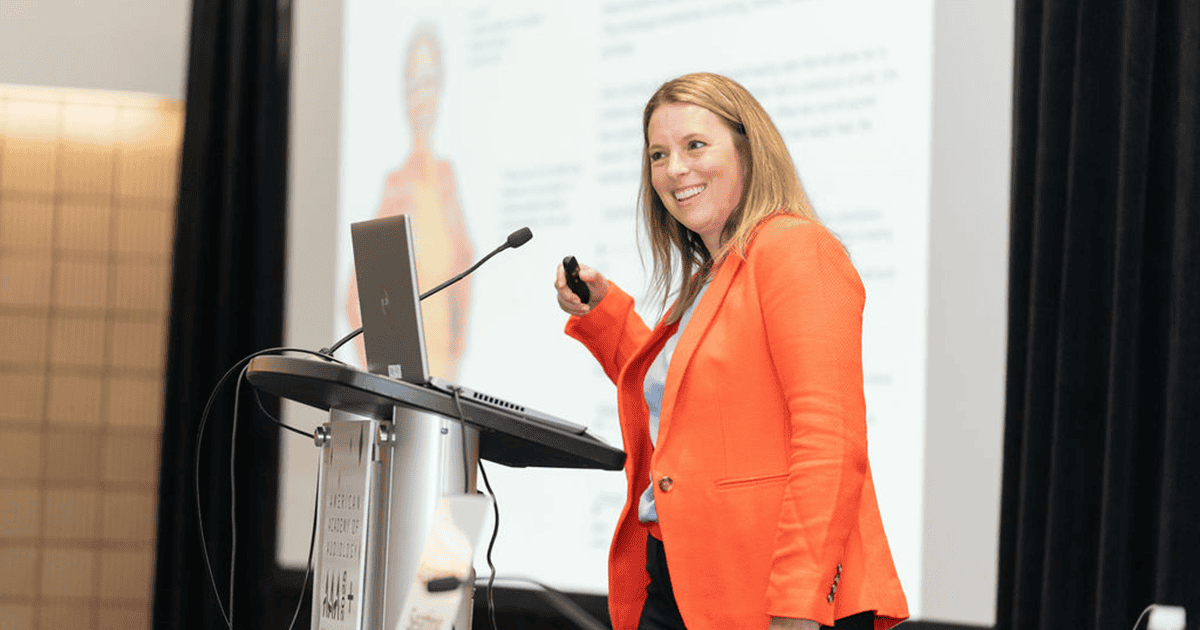Is science getting closer to identifying ways to reverse hearing loss from damaged hair cells?
This article discusses recent findings from the research team at the Johns Hopkins School of Medicine in Baltimore, Maryland, who investigated cochlear hair cell differentiation in mice during development.
The identification of two proteins, Activin A and follistatin, in this study may lead to innovative treatment options for hearing loss in the future. This article provides an overview of how these proteins contribute to cochlear hair cell development, and the implications this may have for future treatments of sensorineural hearing loss.
Reference
Paddock C. (2019) Protein discovery could lead to new hearing loss treatments. Medical News Today. August 7.
Recent Posts
Research That’s Changing Audiology
AAA 2026 offers an extraordinary lineup of research-focused sessions designed to spark innovation, expand your scientific horizons, and connect you with leading voices in audiology…
Government Shutdown Ends with Key Wins for Hearing Health
The recently passed federal funding agreement ending the government shutdown includes important provisions that strengthen hearing healthcare and improve patient access to services. Notably, the…
Public Comments Needed: Protect Federal Loan Access for Future Audiologists
The U.S. Department of Education’s Advisory Committee has proposed regulations implementing the higher education provisions of the One Big Beautiful Bill. Among the most consequential…


